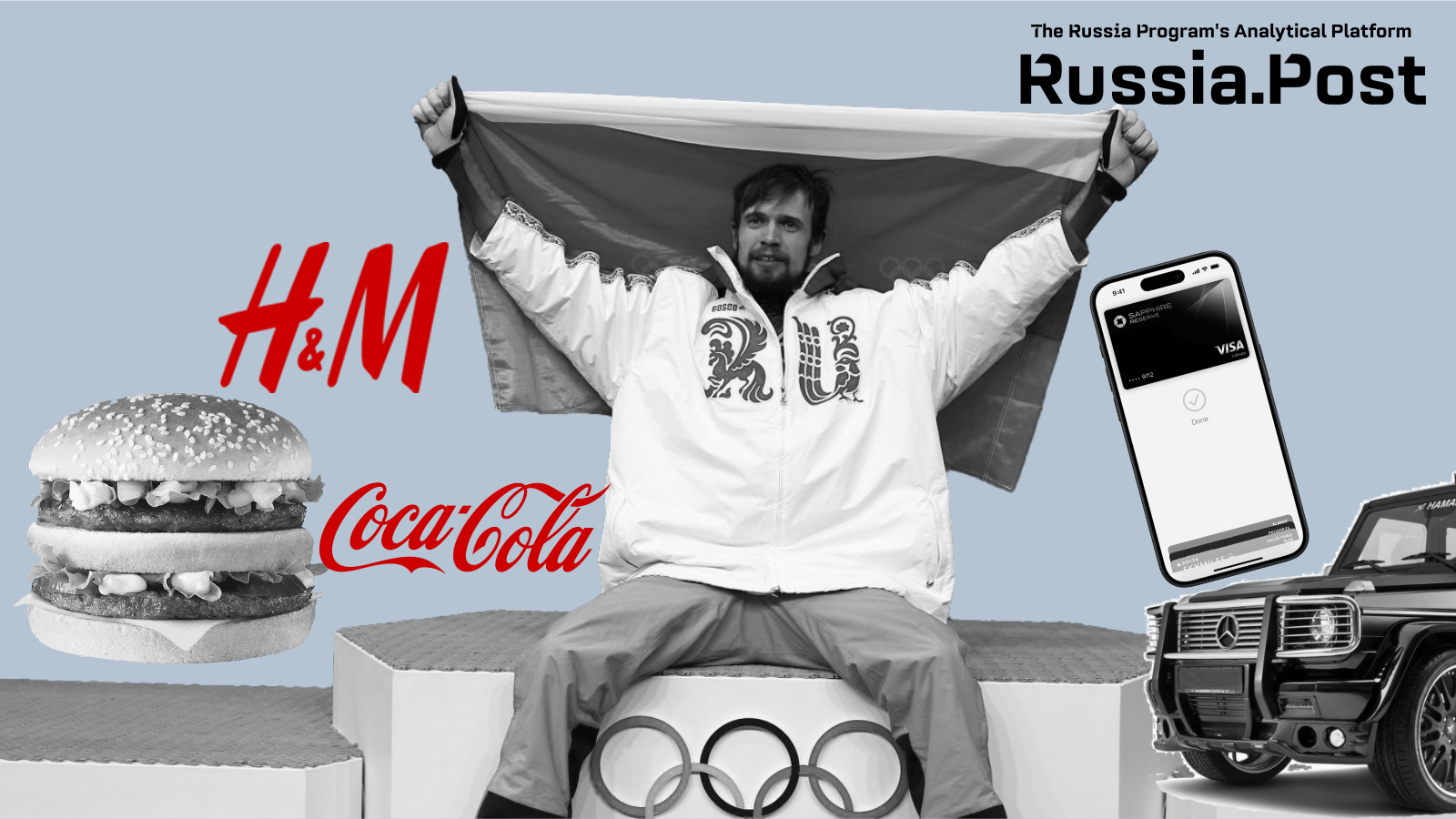The persistent negative outlook among the Russian populace is most evident in their perception of the future. Even in the relatively prosperous year of 2019, 62% of Russians, according to the Public Opinion Foundation (FOM), felt that the country’s situation was not conducive to life planning. But In the atmosphere of uncertainty and stress that has developed in Russia in the third year of the war, Russians avoid making plans for several years ahead or thinking about the future.
“This behaviour deepens the state of anxiety, especially if there are expectations of a negative outcome,” writes Elena Koneva, sociologist and founder of ExtremeScan, a research organization.
According to ExtremeScan survey data from the autumn of 2023, the so-called “special military operation” came in third place among significant factors affecting respondents’ personal lives, after health (their own and that of loved ones) and family income.
“Available research in Russia shows a significant increase in anxiety and depressed moods,” Koneva says.
No future without an end to the war
Russian people want to believe in the future but they cannot, with respondents 35 years old or younger the most pessimistic, her research reveals. Those in the older age group tend to demonstrate optimism, though they admit that it is not based on facts but an unfounded belief in Russia’s strength and luck.
“The experience of recent years shows that even if the bullet has been dodged for now, people should nonetheless prepare for a worsening of the situation in every sense,” says Koneva.



Okay I see we have radically different understandings of how political power dynamics work and what “free will” and “democratic societies” are. This difference is probably most condensed in the concept of subjectivity, which I tried to open up for investigation with the bunch of questions in my earlier comment.
I think we can’t solve this here and now, so I’m gonna leave it at what I think is central.
Individual political agency is always conditioned by ideological and praxeologically powerful structures.
In russia they are easy to see (you get killed). In “the west” they are more more subtle (people contrafactually imagine beeing independent subjects whereas they grow into disciplined subjectivity).
In both, the vast majority does not have the needed understanding of their political environment and themselfes in it, or the power to substabtially change it. The latter depend on the former and is out of reach, as long as subjectivity is imagined as individual, as they did in those ugly comments above.
I wanna emphasize I respect this conversation, you and our difference but its just too much conceptual material to handle here. I hope it doesnt appear arrogant to name the authors that seem to me the most cebtral to these concepts: they would be Foucault and Gramsci, in case you are motivated to get into it, wich I would freakin double tip my fedora for